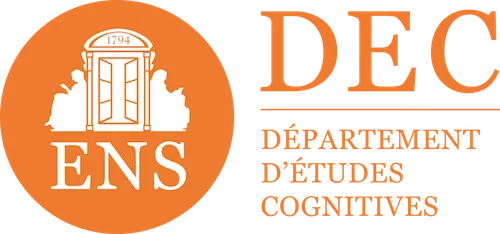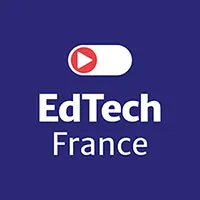

Learning to learn in order to be better trained
Metacognition for “learning to learn”
Learning to learn is a buzzword. At a time when everything is available on the internet, we want to train our employees to learn by themselves. Not all learning strategies are the same, we want to give them the keys to guide their learning themselves in the most effective way possible. And the best ally when it comes to learning to learn is metacognition.
“When I'm stressed I think way too much.” This type of thinking has certainly already crossed your mind and without realizing it, you were thinking about your thoughts. En cognitive science, we are going to talk about metacognition. A term that can be scary but that actually hides a concept that is much simpler than one could imagine: that of thinking about your thoughts. In the field of apprenticeships, we talk about “learning to learn” and you guessed it, it is an essential skill for your learners. This metacognition can take a number of forms that can be grouped into three groups [1]:
● Declarative knowledge : this is what we know about our cognitive functioning. For example I know that I am very good at learning poems but that I have trouble with multiplication tables.
● Procedural knowledge : this time, it's about knowing what strategies or methods to use. For example, I know that I will remember my new password better if I use a mnemonic device or that I will better understand complicated text if I slow down my reading pace.
● Conditional knowledge : the aim here is to identify the appropriate situation to use these methods. For example, I know that repeating my new phone number over and over again for one minute will allow me to remember it, but that this will be useless for much more complex content such as the course on which I am going to have an exam.

Is learning to learn really useful?
At first glance, you might think that it is useless to know how you learn to succeed in learning. But think again! Understanding your cognitive functioning better is one of the essential ingredients for sustainable learning. Let's take several examples.
For starters, scientific studies have observed that the methods mostly used by students, such as highlighting and proofreading, are very ineffective. These preferences result in a waste of time and energy for these students while other methods such as frequent testing of one's knowledge Or the fact To space out your learning are much more effective and just as easy to set up [2].
Then, constantly thinking about your learning allows you to better identify the important elements of a content and to direct its attention. We will better deal with details that require more effort, such as technical or new vocabulary words.
Finally, when the concepts learned need to be used, be comfortable with this gymnastics metacognitive Offers us a wider repertoire of strategies to solve an emerging problem. Already more than twenty years ago, a scientific study showed that students who have to explain the path of their thoughts orally while doing a task choose more effective response strategies than those who simply have to give the correct answer [3].
These three elements show us the importance of metacognition. By focusing on how we learn, we use more effective methods and focus our attention on the things that need them most, allowing us to work faster and more effectively.
Although the benefits of metacognition in the field of learning have been known for a long time, we are generally very poorly trained to learn. However, developing a conscious reflection on one's learning promises many benefits and can allow us to learn more actively. So the next time you need to learn something, feel free to take a step back and think about your learning methods!
REFERENCES:
[1] Schraw, G., Crippen, K.J., & Hartley, K. (2006). Promoting self-regulation in science education: Metacognition as part of a broader perspective on learning. Research in science education, 36(1-2), 11-139.
[2] Dunlosky, J. (2013). Strengthening the student toolbox: Study strategies to boost learning. American Educator, 37(3), 12-21.
[3] Berardi-Coletta, B., Buyer, L. S., L. S., Dominowski, R. L., & Rellinger, E. R. (1995). Metacognition and Problem Solving: A Process-Oriented Approach. Journal of Experimental Psychology: Learning, Memory, and Cognition, 21(1), 205.
Make an appointment directly with our eLearning experts for a demo or simply more information.












